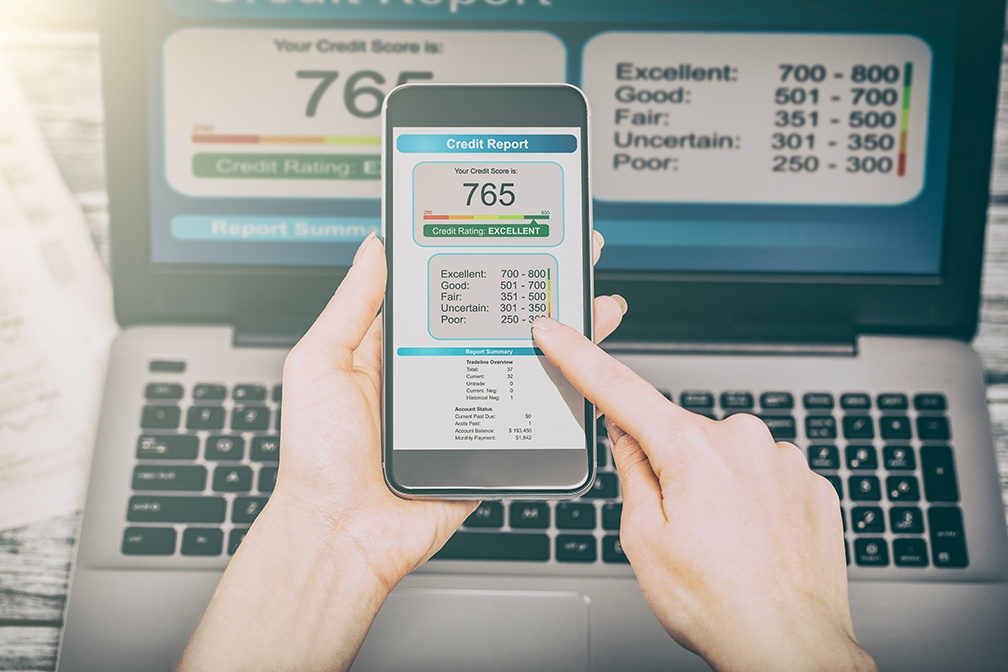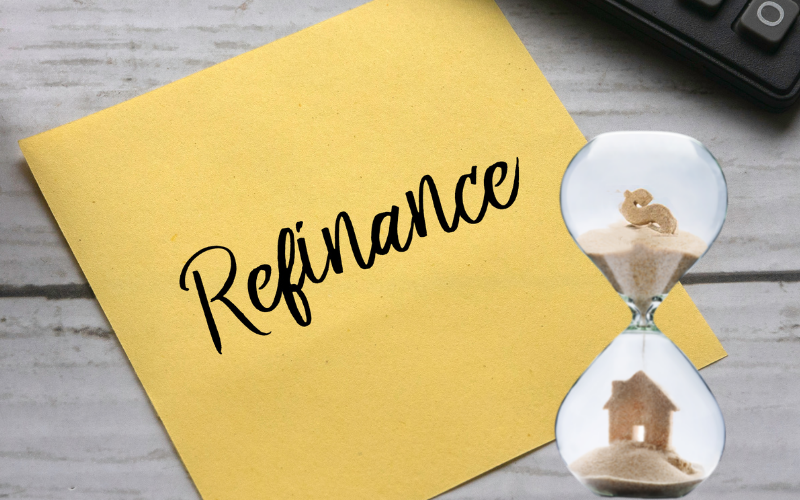Mortgage Shopping And Your Credit Score
 The vast majority of people have to take out a home loan to purchase a house. This means applying for a mortgage. Unfortunately, shopping for a mortgage can actually hurt your credit score. Any potential lender will probably have to do a hard pull on your credit. This could temporarily reduce your credit score by a few points. Those few points could make the difference between qualifying for a mortgage and getting denied one. Fortunately, there are ways for you to shop for a mortgage without hurting your credit.
The vast majority of people have to take out a home loan to purchase a house. This means applying for a mortgage. Unfortunately, shopping for a mortgage can actually hurt your credit score. Any potential lender will probably have to do a hard pull on your credit. This could temporarily reduce your credit score by a few points. Those few points could make the difference between qualifying for a mortgage and getting denied one. Fortunately, there are ways for you to shop for a mortgage without hurting your credit.
Check Your Credit Score First
First, you need to check your credit report before you start shopping for a mortgage. By law, the major credit bureaus are required to give you at least one free credit report every year. This is your opportunity to take a look at your credit report and correct any inaccuracies that might be present. That way, you can correct these issues before you apply for a mortgage instead of after. This can save you a significant amount of time during the shopping process.
Get Pre-Qualified For A Home Loan
You should also get pre-qualified for a home loan before you start shopping in earnest. When you get pre-qualified for a mortgage, you receive an estimate of how much money you can borrow to purchase your home. This means that the lender will run a soft inquiry on your credit report, which will not impact your credit score. Pre-qualification is not as strenuous as the full approval process, and you will eventually have to go through the full application process to get your mortgage; however, getting pre-qualified is a great starting point.
Submit All Applications Rapidly When You Find The Right Home
After you apply for your first mortgage, you will have 45 days to talk to other lenders. As long as all of your other hard credit pulls take place within about six weeks, subsequent applications should not have an impact on your credit score. This means that you need to have all of your documents together, which will allow you to expedite the process. That way, you can find the best deal you can on a mortgage without unnecessarily impacting your credit score.

 With many people interested in taking out a home loan, it is critical for potential homeowners to think carefully about which loan structure is right for them. There are a lot of home loan options out there, and potential homeowners need to make sure they consider the benefits and drawbacks of all options. This means asking the right questions. What questions do you need to ask your mortgage lender?
With many people interested in taking out a home loan, it is critical for potential homeowners to think carefully about which loan structure is right for them. There are a lot of home loan options out there, and potential homeowners need to make sure they consider the benefits and drawbacks of all options. This means asking the right questions. What questions do you need to ask your mortgage lender? If you want to save money on your mortgage, refinancing your house could be a great move. As long as you have plenty of equity and a great credit score, you should be able to qualify for the refinance process. At the same time, you might be wondering, how long will it take you to refinance your house? There are several factors to keep in mind, so be sure to work with a professional who can walk you through the process.
If you want to save money on your mortgage, refinancing your house could be a great move. As long as you have plenty of equity and a great credit score, you should be able to qualify for the refinance process. At the same time, you might be wondering, how long will it take you to refinance your house? There are several factors to keep in mind, so be sure to work with a professional who can walk you through the process.